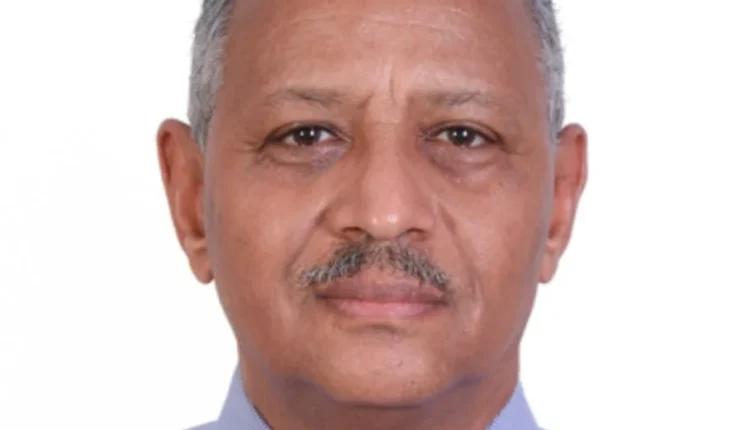Except for “Treachery” – It’s the Malady Beyond Cure

Al-Obeid Ahmed Muraweh
The war that broke out in Sudan in mid-April last year has now entered its third phase and is moving toward its end, which, according to most analysts, is not far off. We’re not talking days or weeks, but just a few months.
Regardless of how the battlefield outcome unfolds, the final scene will likely involve a signed agreement with witnesses around the table, no matter which scenario leads to that point.
If this is the probable military outcome of the war, its political conclusion will closely mirror it. Sudan’s various political forces have little choice if they want to avoid past mistakes and lay the foundation for a new, different phase that shapes Sudan’s future. They must be willing to sit down at an inclusive dialogue table with everyone to answer the fundamental question: How should Sudan be governed? From there, they must rebuild civil society and reform their political parties to prepare for an electoral competition for the confidence of the Sudanese people once the transition and reconstruction phase concludes.
Our political parties need to cleanse their ranks, restructure, and pass leadership to a new generation of young leaders who carry only past lessons as they move toward the future. All factions have made mistakes that harmed both themselves and the country. Once the war stops, public life should normalize, providing a chance for open reflection on these mistakes and encouraging the retirement of past political leaders—a topic for a more detailed discussion elsewhere.
One of the more shocking outcomes of this war will likely be the issue of “collaborators.” Evidence from the current conflict shows that entire political factions have served external interests responsible for igniting and sustaining the war. These political forces have persisted in their stance despite the atrocities and severe violations committed by the RSF. This loyalty to foreign interests will pose one of the main obstacles to post-war political transformation: dealing with the long line of collaborators.
When Israel was defeated in 2006 and withdrew from South Lebanon after nearly a quarter-century of occupation, the collaborator militia led by Antoine Lahad had to flee with their employers. Some gained Israeli citizenship, while others sought refuge elsewhere. Those who stayed in Lebanon were eventually reintegrated with citizenship rights.
Similarly, after the US defeat in Afghanistan following twenty years of occupation, America had to temporarily evacuate its collaborators to the Middle East and Europe while arranging their migration and integration programs. The world witnessed the desperate scenes at Kabul Airport, where collaborators clung to the wings and wheels of US C-130 transport planes. To this day, their fates remain uncertain.
In Sudan, we can handle the collaborators and fifth column differently than the examples of Lebanon and Afghanistan. Despite the egregious crimes committed by those who sold their loyalty to foreign powers and betrayed their country and army, the “Sudanese case” remains distinct in that the betrayal was confined to a relatively small elite group of political figures, activists, and media personnel, likely numbering only a few hundred. Popular sentiment has overwhelmingly rejected them as their actions became exposed.
Sudan has experienced civil wars, coup attempts, and invasions led by Sudanese trained and supported by foreign states. Over sixty years of national governance, Sudanese opposition groups have sometimes sought foreign support to overthrow ruling regimes. However, throughout this history and across these various experiences, no Sudanese political opposition or armed movement has allowed its agenda to be fully dictated by foreign supporters or turned itself into a weapon against the state to serve foreign interests—until the period following the change in April 2019. This shift led to the framework agreement, which became the main cause of today’s conflict.
Political differences, no matter how severe, and even if they push some to take up arms, can be resolved through negotiation as long as they remain within national boundaries. However, surrendering national will to foreign interests and allowing them to control state resources cannot be overlooked. Collaborators are like termites that can only be cured by removal—meaning they must leave the land that has rejected them.
Shortlink: https://sudanhorizon.com/?p=2248

